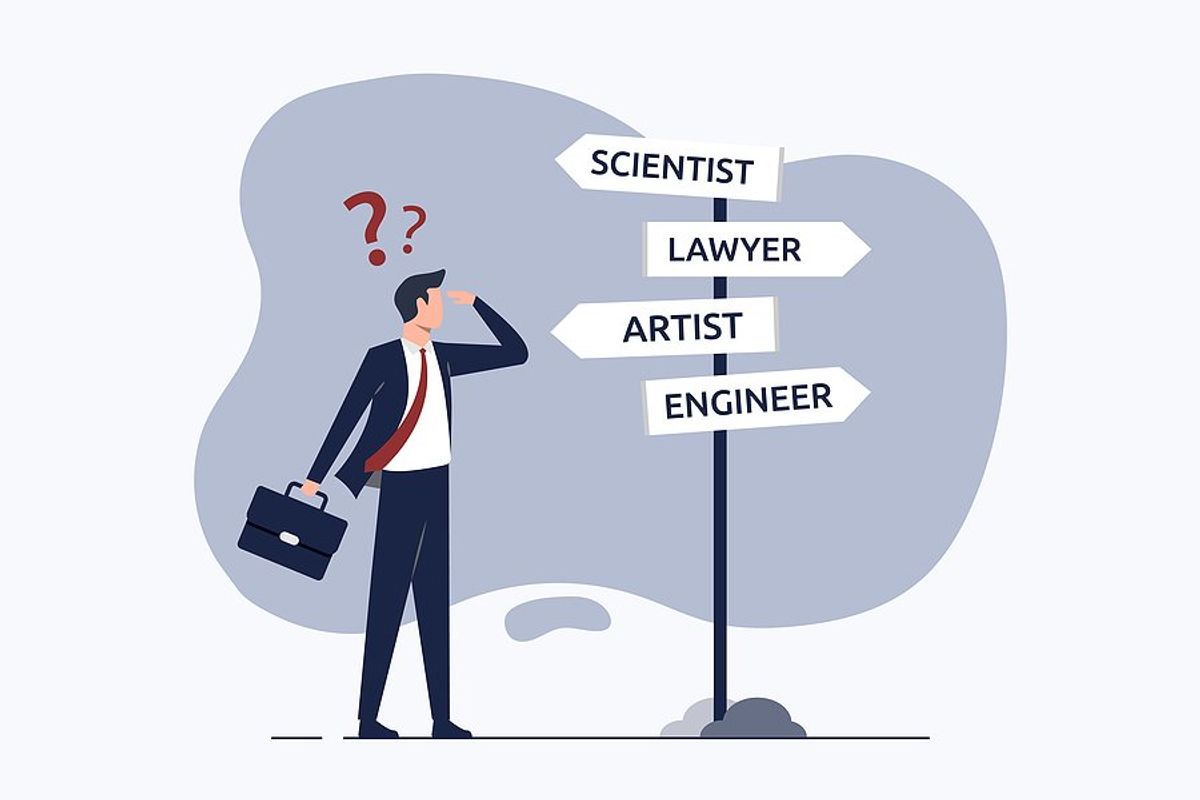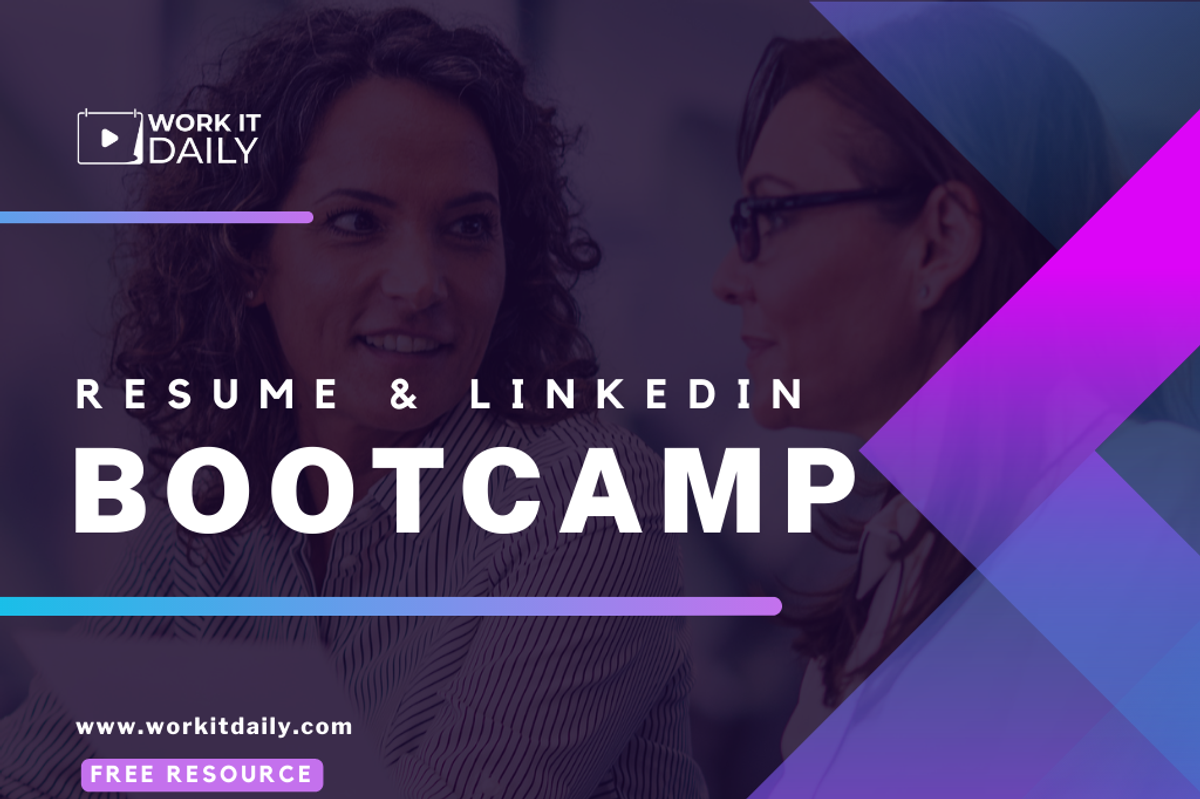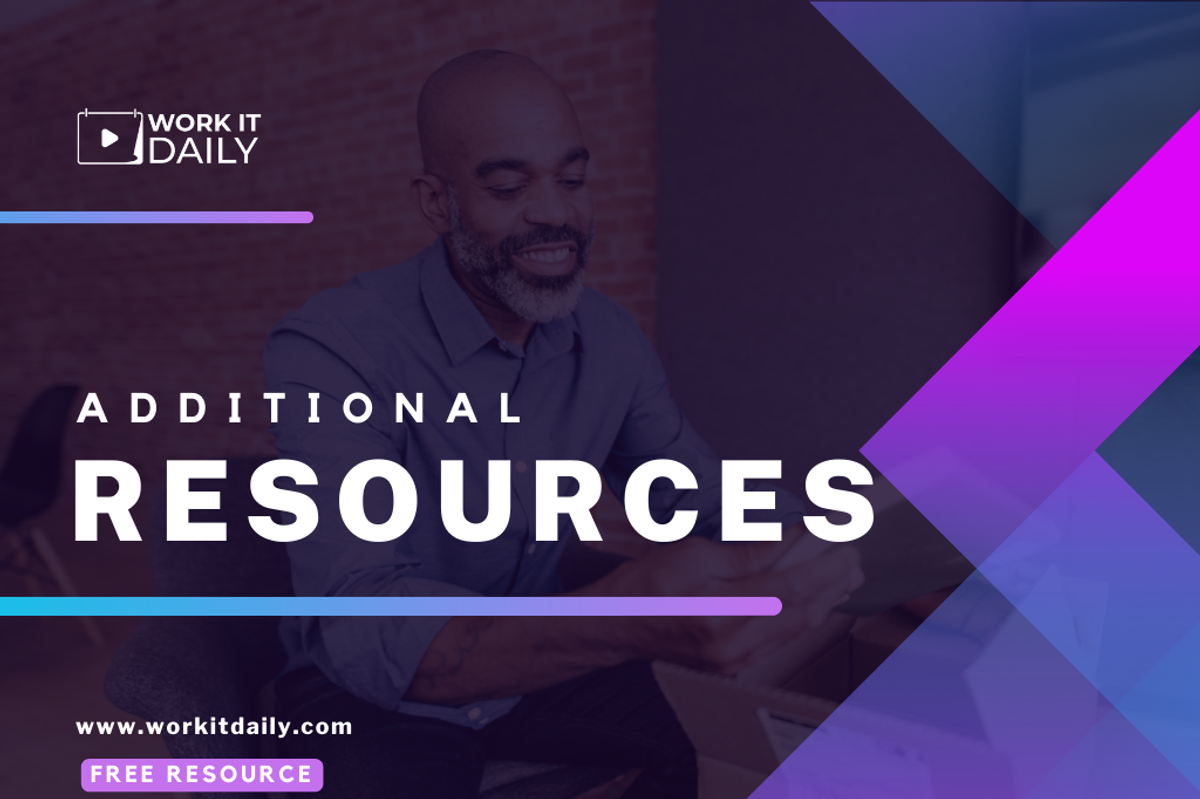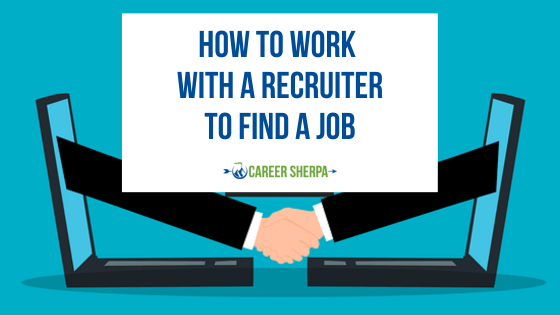5 Things You MUST Do For An Effective Mock Interview

Before you walk into your real job interview, it’s important to practice. You want to make sure your answers, behavior, and attire are top-notch. After all, this is your shot to work for your dream company. Don’t let that opportunity slip because you failed to prepare!
In addition to researching the company, answering common interview questions, and finding the perfect interview outfit, you should consider conducting a mock interview. Mock interviews help you get comfortable and allow you to identify weak areas in your potential job interview.
Here are five things you MUST do in order to conduct an effective mock interview:
1. Find An Objective “Interviewer”

Trust me, you want to leave your family, friends, and significant other out of this. It won’t be pretty. You need someone, perhaps a colleague, mentor, or coach, to conduct a fair, uninterrupted mock interview experience.
Plus, if they know what they’re doing, they can help you prepare much better than someone who’s just winging it to help you out.
2. Treat Your Mock Interview As If It Were The Real Deal

Again, the whole point of doing a mock interview is to practice for the real thing. That means you need to prepare and perform as if it were a real job interview.
Don’t goof off or get embarrassed. You need to get comfortable with your responses and body language so you can knock your real job interview out of the park.
3. Prep Your Mock Interviewer

Give your mock interviewer some background on both the job and the company so they have some context. This can help them ask you questions related to the industry, company, and role, which will help you prepare more effectively for the real thing.
Also, consider giving your mock interviewer a list of common interview questions they should ask you so you can practice.
4. Dress Like You’re Going In For The Real Interview
You might feel a little ridiculous going into your mock interview dressed to the nines, but it’s part of the prep work. You want to make sure everything looks good, fits right, and feels right before your formal interview.
The last thing you want is to wear a blouse or a dress shirt that’s see-through. Plus, your mock interviewer can help you figure out if your outfit is appropriate or not.
5. Get (Honest) Feedback From Your Mock Interviewer

The most important part of doing a mock interview is getting honest feedback from your interviewer. You need to have a clear understanding of what you should improve before you go in for the real job interview.
Ask them for their overall opinion of the mock interview, then get their thoughts on your attire, body language, responses, and anything else you’d like to get feedback on.
Again, this isn’t a job for family, friends, or significant others. You love them, but when it comes to giving feedback, they will either be overly critical of your performance or not completely honest in an effort to spare your feelings and avoid destroying your confidence.
Remember: practice makes perfect! These five tips will ensure you walk away from your mock interview feeling prepared and ready to ace the real deal!
Need more help with your job search?
Become a member to learn how to land a job and UNLEASH your true potential to get what you want from work!
This article was originally published at an earlier date.




































